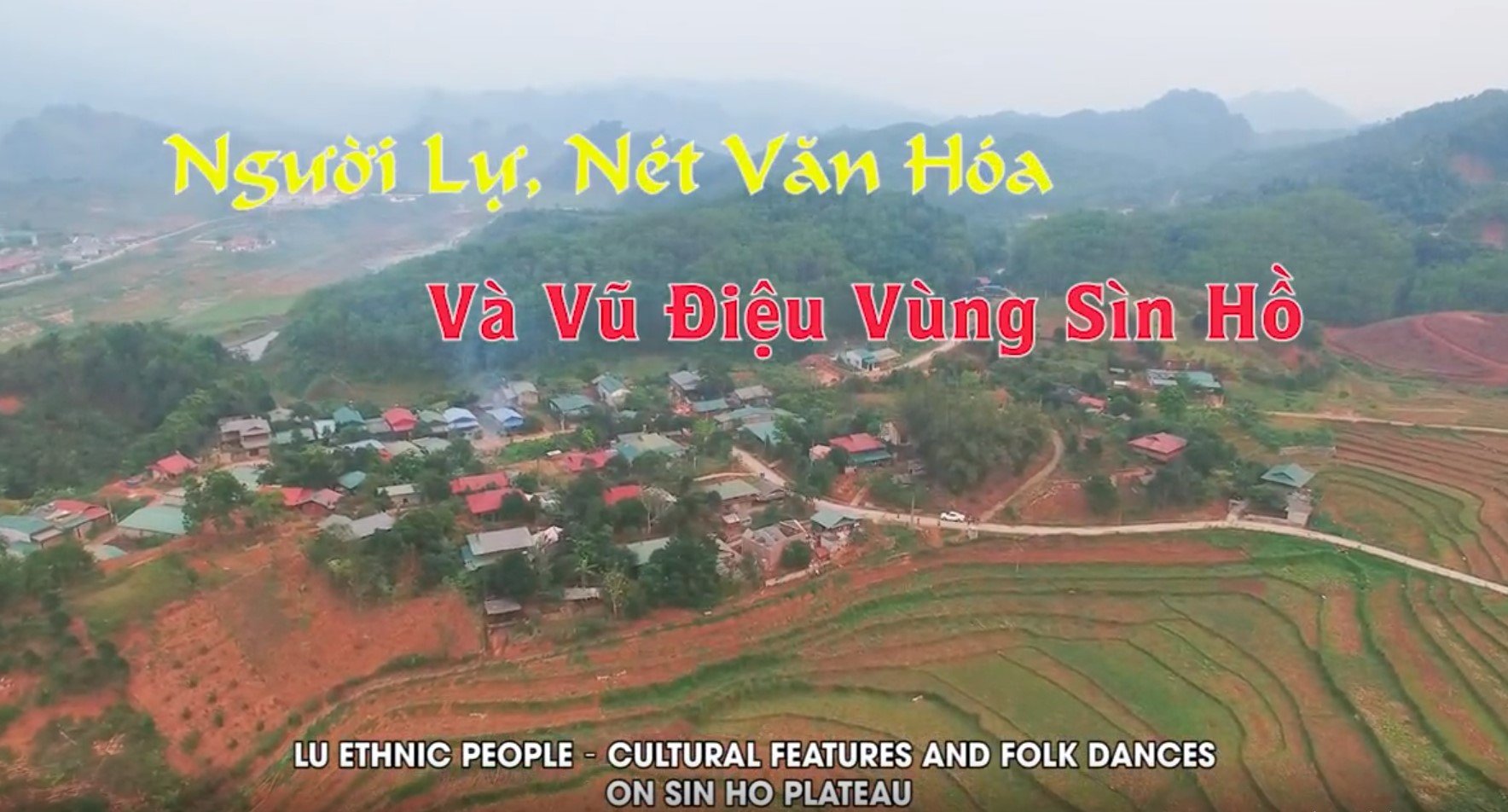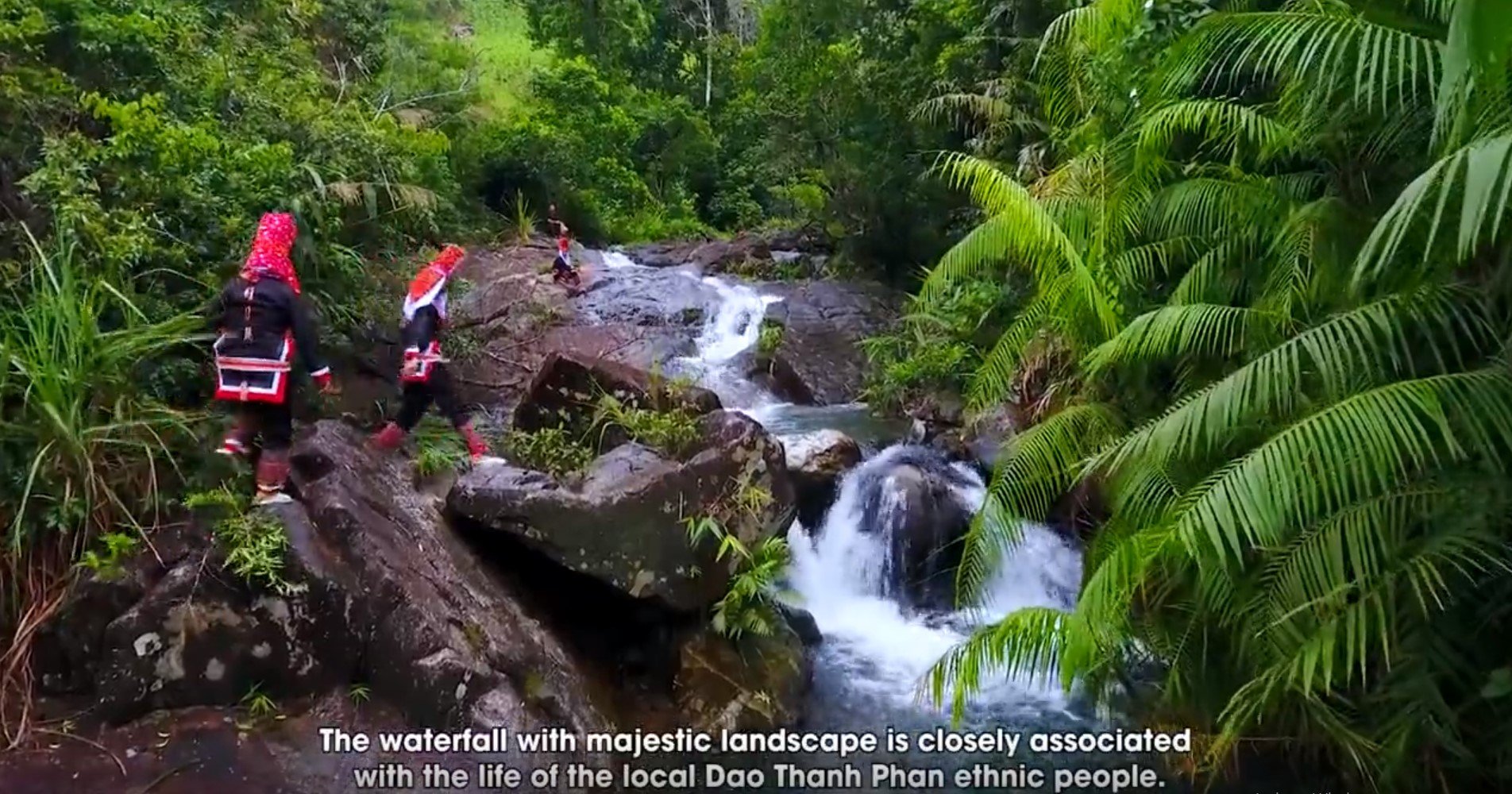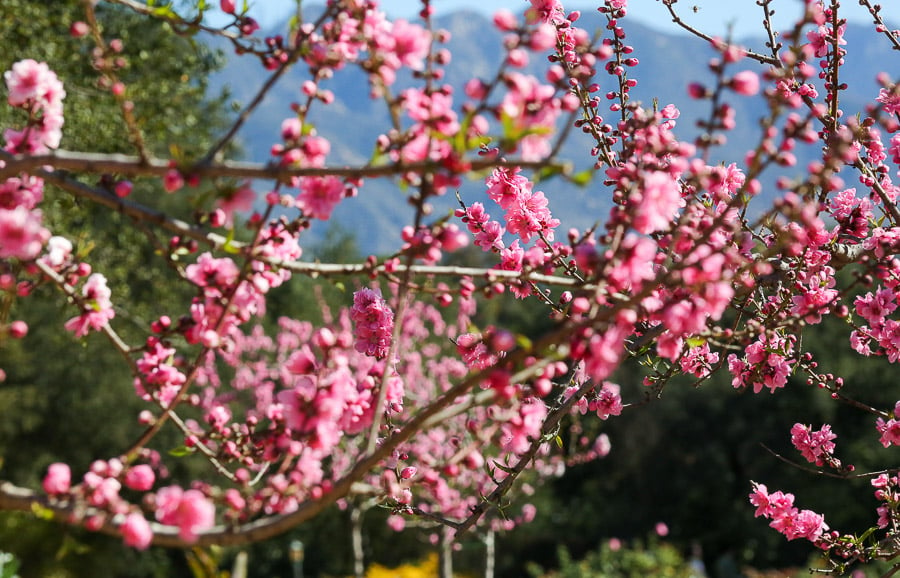
In 2018, Mr. Lo Van Quan's family in Phieng Ban village, Na Tau commune borrowed 1.5 billion VND from the bank to invest in a system of machinery and tanks to process cassava, with a capacity of 25-30 tons/day. Since investing in this system, his family has had a stable source of income; at the same time, it has created jobs and income for dozens of seasonal workers. This year's cassava crop, his facility was forced to stop operating, due to the reason that it had not completed the licensing procedures for environmental protection and waste treatment systems. The suspension of operations has caused many difficulties for the family.
Mr. Tam said: “We hope that the authorities will consider and guide us to remove obstacles so that the facility can resume operations soon, creating jobs and income for the people. My family also borrowed a large amount of capital from the bank to invest in machinery. If it does not operate, it will be difficult to repay the debt.”
In Na Tau commune, 8 other establishments have also had to temporarily stop operations. Most of the establishments have invested in large-capacity machinery, and only operate vigorously for about 2 months each year during the cassava season, and the rest of the time they are idle.
Mr. Pham Duy Hung's cassava processing facility in Trung Tam village, Na Tau commune is in a different situation. Mr. Hung said: I temporarily suspended operations after the conclusion of the City People's Committee's inspection team on compliance with environmental protection laws in November 2022. During the suspension period, I completed the treatment system and fully implemented environmental protection regulations and requirements such as: Completing the wastewater and waste treatment system; investing in pulp presses, sludge presses, aerators... I completed the system in April 2023 in time for this year's production season and have submitted documents and projects in accordance with the procedures and regulations to the competent authorities, but no agency has come down to appraise and grant a license. Currently, it is almost the end of the cassava production season, I hope the authorities will soon resolve and grant a license for the facility to operate.

In Na Tau commune, there are currently 9 cassava processing facilities. After checking, most of these cassava processing facilities do not have waste and residue treatment facilities. Or they have built wastewater treatment systems but they have not ensured compliance with regulations, have not registered waste disposal points, and have discharged waste directly into the environment. Therefore, for this year's cassava crop, the People's Committee of Dien Bien Phu City has requested cassava production and processing facilities to temporarily suspend operations until they meet environmental protection regulations.
In order for cassava starch processing facilities to comply with environmental protection regulations, the People's Committee of Na Tau commune has issued Notice No. 35/TB-UBND dated July 7, 2023 and Notice No. 54/UBND dated October 6, 2023 on strict implementation of waste and wastewater treatment procedures in cassava processing, which have been sent to each facility. Through actual inspections, up to now, most facilities have not taken any action and have not really paid attention to maintaining, repairing, upgrading, and dredging ponds and wastewater tanks. Some facilities operate secretly at night, and when the commune's inspection team comes to work, the facilities do not cooperate or comply.
It is undeniable that the activities of cassava purchasing and processing facilities in Na Tau commune over the past years have contributed significantly to helping people increase their income and reduce poverty. However, requiring cassava processing facilities to stop operating at the right time of harvest season is mandatory to avoid the risk of environmental pollution.

Mr. Hoang Huu Con, Head of the Department of Natural Resources and Environment of Bien Phu City, said: To solve the difficulties for cassava processing facilities that have invested in machinery and built a processing system but have not yet met the standards, the department will directly guide these facilities to complete the procedures to advise the City People's Committee to issue environmental licenses according to the provisions of law. The city has directed the People's Committee of Na Tau commune to review and re-count the entire cassava growing area in the area to have a basis for calculating the output and capacity of existing cassava processing facilities. From there, there will be a plan to issue environmental licenses to facilities in accordance with actual requirements, both ensuring product consumption for people and ensuring environmental protection.
Source



































![[Photo] Prime Minister Pham Minh Chinh chairs Government Conference with localities on economic growth](https://vstatic.vietnam.vn/vietnam/resource/IMAGE/2025/2/21/f34583484f2643a2a2b72168a0d64baa)





















































Comment (0)